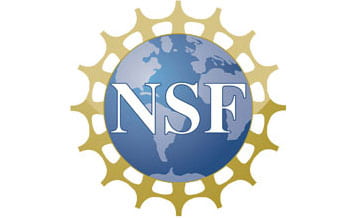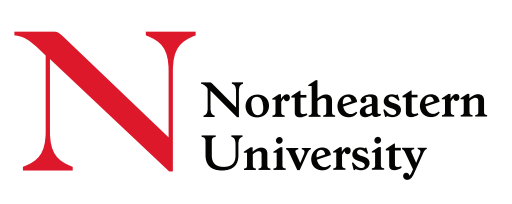NanoSI Workshop
Workshop Details:
The NSF sponsored Nano Systems Innovation (NanoSI) workshop will conduct a deep dive into infrastructure requirements to enable a unique national infrastructure for piezoelectric and hetero-integrated nano systems. The virtual workshop will bring together researchers, government, industry and foundry partners to identify the emerging needs for adaptable infrastructure that can address national research priorities in advanced hetero integration to post-CMOS and more than Moore devices. The workshop will concentrate on planning for infrastructure that can close the gap between the local research and prototyping capabilities of the universities with advanced semiconductor manufacturing activities with the ultimate goal of reducing the time for innovation and transition of the new foundational nano-system technologies that are going to be the at root of our nation’s economic strength, national security and technological standing in the years to come. The workshop will explore the community’s preferred pathways for accessing and engagement with the future infrastructure, management plans, and ideas to strengthen the community by extending access to underrepresented groups. Furthermore, the workshop will identify strategies to leverage the national facility to educate an experienced future workforce for semiconductor and advanced nanomanufacturing industries in the United States.
Format:
The NanoSI virtual workshop will include pre-recorded 8-minute presentations given by multiple stakeholders from academia, industry and government highlighting technological areas of interest and providing multiple perspectives on the value proposition of a national infrastructure for piezoelectric and hetero-integrated nano systems. These short presentations will be made available to the workshop attendees through the password-protected event web page by Friday October 28th, 2022. Taking inputs from this asynchronous session of the workshop, the organizers will prepare a report and present it to the attendees during a three-hours synchronous virtual session that will take place on Friday November 4th, 2022 at 1 – 4 pm EST. The report presentation will be followed by breakout discussion sessions focused on providing feedback and addressing outstanding questions.

This work supported by the National Science Foundation under Grant No. 2233559

Workshop hosted by Northeastern University, lead organizers Matteo Rinaldi, Kris Dorsey, Ben Davaji